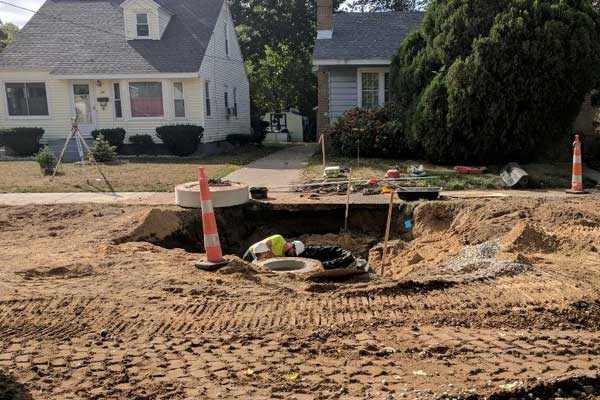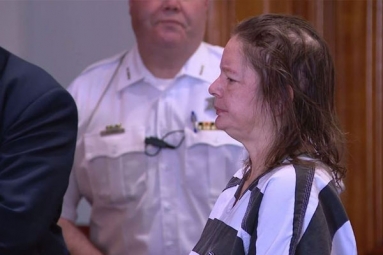
(Image source from: Michigan Radio)
Michigan will finalize the country's hard-bitten lead drinking water regulations on Thursday after a state rules committee declined to challenge the most recent standards.
Amended rules
The lead action level will be lowered to 12 parts per billion starting in 2025, that is set up by the Michigan Department of Environmental Quality. It as well requires communities across the state to remove all lead service lines, including those on private property.
The revised rules are slightly more indulgent than GOP Gov. Rick Snyder's original proposal in 2016, which would have lowered the action level to 10 ppb commencing in 2020. The state's present action level is similar to the federal level of 15 ppb, which Snyder has called "dumb and dangerous."
In a statement, Snyder said that the federal lead and copper rule "simply does not do enough to protect public health."
"As a state, we could no longer afford to wait on needed changes at the federal level, so Michigan has stepped up to give our residents a smarter, safer rule, one that better safeguards water systems in all communities," Snyder said.
In wake of the Flint water crisis
Snyder initiated the amendment of rules in the wake of Flint water crisis when his state water regulators and state-appointed emergency managers took actions that resulted in the lead contamination of the city's drinking water. Under the federal action level lead levels have declined for nearly two years and currently are below the new state standard.
Regarding the stricter standard, the communities and water utilities have distressed, pondering how they'll pay for the substitution by the deadline and arguing that some rules are unconstitutional.
Other states should do the same thing: Cyndi Roper
"We're more than willing to work on a solution to get there, but unfortunately our concerns that we’ve expressed throughout the process, we feel, have not been addressed," said John LaMacchia, assistant director of state and federal affairs for the Michigan Municipal League, which represents the state's cities, villages and urban townships.
But environmental groups are amused with the change, particularly the required replacement of the state's 500,000-plus lead service lines, said Cyndi Roper, Michigan senior policy advocate for Natural Resources Defense Council.
"Other states should really step up and do the same thing," Roeper said.
By Sowmya Sangam



















